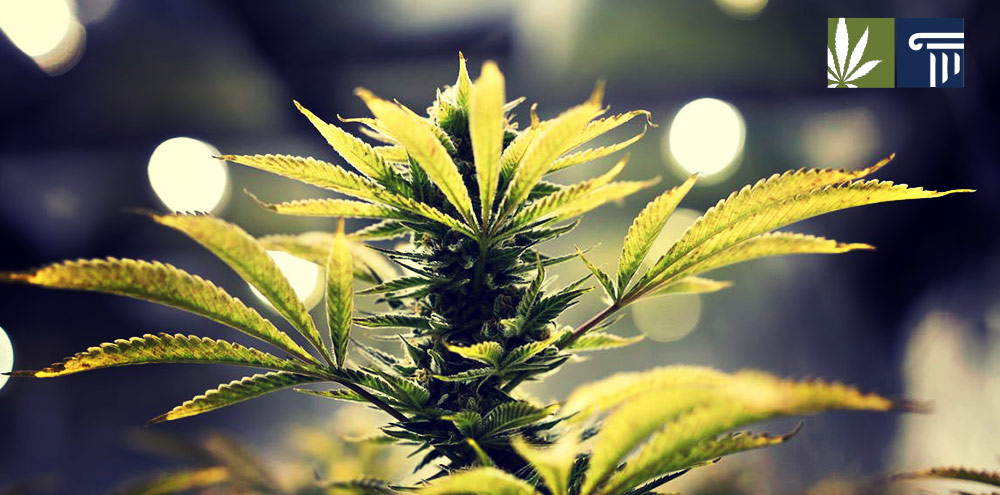City officials across the US are abandoning marijuana testing requirements for public employees.
Rochester City Council approved legislation to remove marijuana from the list of drugs tested at pre-employment screenings, except for certain jobs owing to safety concerns such as within law enforcement.
“This is an important piece of legislation that I think is going to do a lot of good,” said Rochester council member Mary Lupien.
City council members in Richmond, Virginia likewise passed a resolution to end marijuana testing for non-safety sensitive positions, whether for job applicants or employees. The mayor of Richmond, Levar Stoney, must now act on the resolution and is thought to be supportive of the measure.
“Virginia’s first medical dispensaries will open this year, and the Commonwealth is in the process of studying a regulatory framework for adult-use,” said Jean Michelle Pedini, executive director for Virginia NORML. “Now is the time for municipalities throughout the state to review and update their policies so they may better align with state law and public opinion.”
Virginia lawmakers recently approved legislation to decriminalize cannabis possession and another bill to expand access to medical cannabis, which both take effect on July 1, 2020.
Last month, more extensive legislation to restrict marijuana testing by both public and private employers took effect in New York City. It is now unlawful “for an employer, labor organization, employment agency, or agent thereof to require a prospective employee to submit to testing for the presence of any tetrahydrocannabinols or marijuana in such prospective employee’s system as a condition of employment.”
As in Rochester and Richmond, a number of exceptions are made for safety sensitive positions, including police officers, child caregivers and commercial drivers, or for jobs where federal drug testing guidelines are in place. While New York City Council’s move to limit pre-employment cannabis testing was widely praised, DeVaughn Ward of the Marijuana Policy Project (MPP) argues the list of exemptions from the policy is far too broad.
“We are particularly concerned by the inclusion of a limitation for anyone who drives daily, which would impact large number of working class New York City residents. Science has proven that cannabis can stay in one’s system up to a month after consumption. This means a positive test for marijuana does not prove one is impaired while at work,” said Ward, who works as senior legislative counsel at MPP.
“MPP urges the Commission to reconsider the proposed rule and narrowly tailor the exceptions to those expressly required by” the original bill.
Maine’s marijuana laws include provisions to ensure employers could not discriminate against their workers or prospective applicants based on off-duty cannabis consumption. Earlier this year, a new law took effect in Nevada prohibiting employers from rejecting applicants on the basis of a cannabis test.This developing trend in the US against employment-related cannabis testing is an obvious consequence of moves toward marijuana legalization, but thorny questions remain over what jobs are “safety-sensitive” and whether trace amounts of cannabis in an individual’s system truly compromises anyone’s safety. Determining whether a person who uses marijuana is currently intoxicated is much harder to do than with alcohol. A 2019 congressional report even concluded that evidence supporting the claim that marijuana impairs a person’s driving ability is inconclusive, though DUI laws for cannabis are in force across country.






